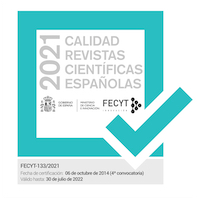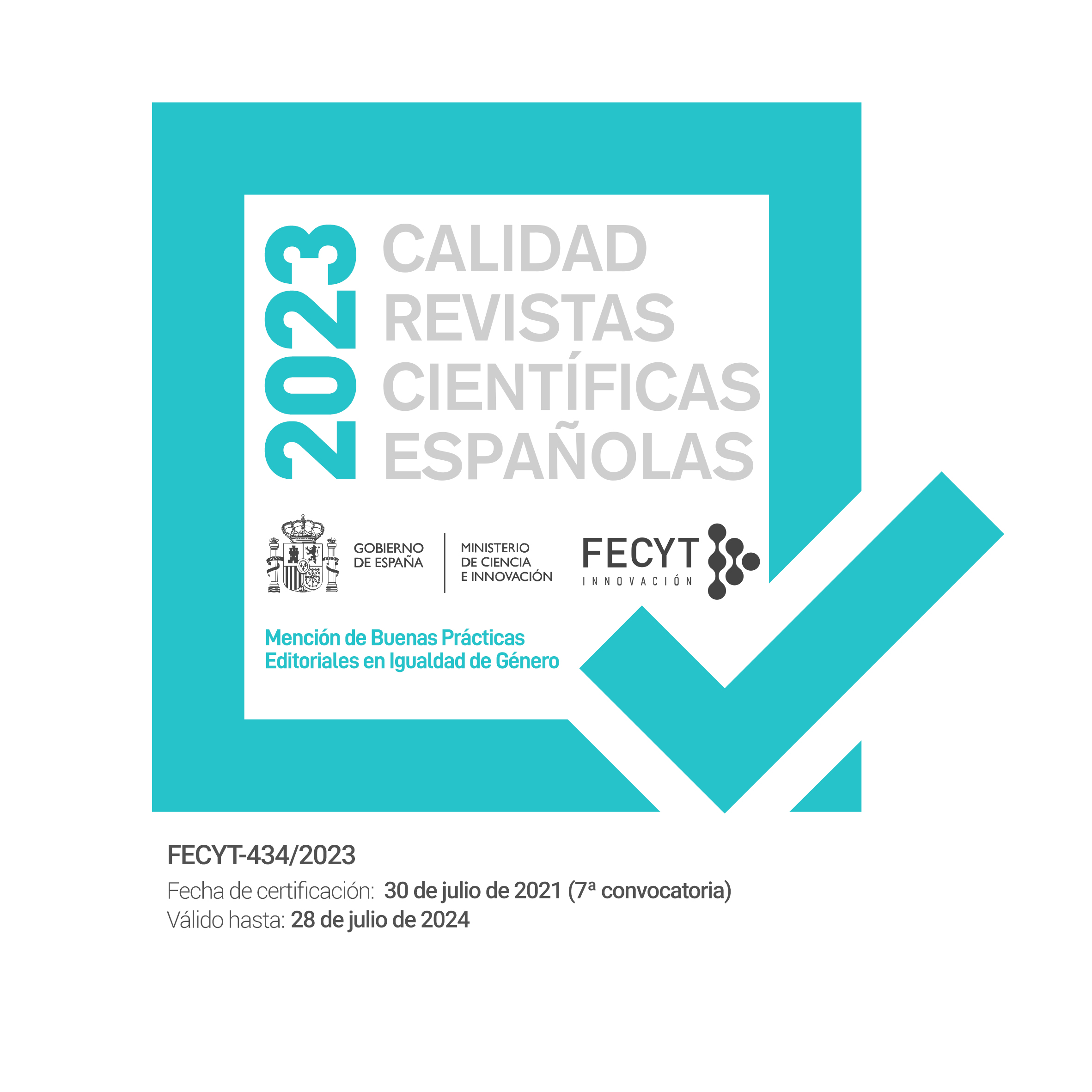Il volontariato come una nuova frontiera nella precarizzazione dei lavoratori migranti: il caso richiedenti asilo in Italia
Parole chiave:
asylum seekers, migration, precarity, voluntary workAbstract
Within the deep work transformations that have taken place in recent decades, the European labour market has been affected by a process of structural precarisation which has created unprecedented forms of precarious work. Among such, unpaid work is an expression of extreme precarity due to the complete separation between work and wage. For several causes, migrant workers are one of the categories most affected by work casualisation and live a condition of double precarity (work and legal), mainly produced by migration policies. At the same time, immigration is involuntary a test bench for new forms of flexible work.This article examines the link between work casualisation and migration through the analysis of a specific form of unpaid work, i.e. the voluntary work by asylum seekers in Italy - institutionalised as a public policy in 2014. Considered as a mechanism of “public atonement” for the guilt of migration through activities of public interest, the article highlights how it constitutes an extreme form of precarisation of a vulnerable category. In merging elements questioning the unconditionality of the right of asylum and acquaintance with permanent precarity, it creates an unprecedented “grey area” of labour exploitation and cultural inferiorisation.
Keywords: asylum seekers; migration; precarity; voluntary work.
Riferimenti bibliografici
Antunes, Ricardo. The Meanings of Work. Brill, 2013.
Bascetta, Marco. Economia politica della promessa. Manifestolibri, 2015.
Basso, Pietro. “Politiche migratorie e precarizzazione del lavoro.” Gli immigrati, il lavoro, la casa (2004): 71-100.
Basso, Pietro. “Cittadinanza sociale e politiche migratorie in Europa.” Trasformazione e crisi della cittadinanza sociale (2014): 55-91.
Bauman, Zygmunt. Does the Richness of the Few Benefit Us All?. Polity, 2013.
Boswell, Christina, and Geddes, Andrew. Migration and Mobility in the European Union. Palgrave, 2010.
Caritas, Migrantes. Dossier Statistico Immigrazione 2004. Idos, 2004.
Castles, Stephen. Ethnicity and Globalization: From Migrant Worker to Transnational Citizen. Sage, 2000.
Castles, Stephen. “Guestworkers in Europe: A Resurrection?.” International Migration Review 4 . vol. 40. (2006): 741-766.
Castles, Stephen, and Derya, Ozkul. “Circular Migration: Triple Win or a New Label for Temporary Migration?.” Global and Asian Perspectives on International Migration. Springer (2014): 27-36.
Cillo, Rossana. Nuove frontiere della precarietà del lavoro. Ca’ Foscari, 2017.
Ciniero, Antonio. Economia flessibile e vite precarie. Liguori, 2013.
Cohen, Nicole. “Cultural Work as a Site of Struggle: Freelance and Exploitation.” TripleC 2. vol. 10. (2012): 141-155.
Costea, Bogdan, et al. “What killed Moritz Erhardt? Internships and the cultural danger of «positive» ideas.” TripleC 2. vol. 13. (2015): 375-389.
Crouch, Colin. The Strange Non-Death of Neoliberalism. Polity, 2011.
Fondazione Moressa. Rapporto annuale sull’economia dell’immigrazione 2018. Il mulino, 2018.
Fullin, Giovanna, and Emilio Reyneri. “Low unemployment and bad jobs for new immigrants in Italy.” International Migration 1. vol. 49. (2011): 118-147.
Gjergji, Iside. Sulla governance delle migrazioni (2016).
Holmes, Kirsten. “Experiential learning or exploitation?.” Museum Management and Curatorship 3. vol. 21. (2006): 240-253.
Hope, Sophie, and Figiel, Joanna. “Interning and Investing: Rethinking Unpaid Work, Social Capital and the «Human Capital Regime».” TripleC 2. vol. 13. (2015): 361-374.
Huws, Ursula. Labor in the Global Digital Economy. Monthly, 2014.
Kuehn, Kathleen, and Corrigan, Thomas. “Hope Labour: The Role of Employment Prospects in Online Social Production.” The Political Economy of Communication 1.vol. 1. (2011): 9-25.
Maes, Kenneth. “Volunteering or Labor Exploitation?.” Human Organization 1. vol. 71. (2012): 54-64.
Menéndez, Agustin José. “The refugee crisis: between human tragedy and symptom of the structural crisis of European Integration.” European Journal Law 4. vol. 22. (2016): 388-416.
Moore, Phoebe. “UK education, employability, and everyday life.” Journal of Critical Education Policy Studies 1.vol. 7. (2009): 453-473.
Morris, Lydia. Managing Migration. Civic Stratification and Migrants Rights. Routledge, 2002.
Niemann, Arne, and Zaun, Natascha. “EU refugee policies and politics in time of crisis.” Journal of Common Market Studies 1.vol. 56. (2018): 3-22.
Pastore, Ferruccio, and Henry, Giulia. “Explaining the crisis of the European Migration and Asylum Regime.” The International Spectator 1. vol. 51. (2016): 44-57.
Pasqualetto, Martina. “Il «volontariato» dei richiedenti asilo in Italia.” Remhu 49. vol. 25. (2017): 233-248.
Perlin, Ross. Intern Nation. Verso, 2012.
Postigo, Hector. “America Online Volunteers.” International Journal of Cultural Studies 5. vol. 12. (2009): 451-469.
Rodino-Colocino, Michelle, and Beberick, Stephanie. “«You Kind of Have to Bite the Bullet and do Bitch Work»: How Internships Teach Students to Unthink Exploitation in Public Relations.” TripleC 2. vol. 13. (2015): 486-500.
Samers, Michael. “New Guest Worker Regimes?.” An Anthology of Migration and Social Transformation (2015): 121-134.
Schierup, Carl-Ulrik. Migration, Citizenship, and the European Welfare State. Oxford, 2006.
Schierup, Carl-Ulrik. Migration, Precarity and Global Governance. Oxford, 2015.
Schierup, Carl-Ulrik, and Jørgensen, Martin. Politics of Precarity. Migrant Conditions, Struggles and Experiences. Brill, 2016.
Siebert, Sabina, and Wilson, Fiona. “All work and no pay: consequences of unpaid work in the creative industries.” Work, Employment and Society 4. vol. 27. (2013): 711-721.
Smith, Vicki. “Enhancing employability: human, cultural, and social capital in an era of turbulent unpredictability.” Human Relations 2. vol. 63. (2010): 279-303.
Unar. Dossier statistico immigrazione 2016. Idos, 2016.
Wickramasekara, Piyasiri. Circular Migration: a triple win or a dead end?. Ilo, 2011,
Zaun, Natascha. EU Asylum Policies. Palgrave, 2017.









